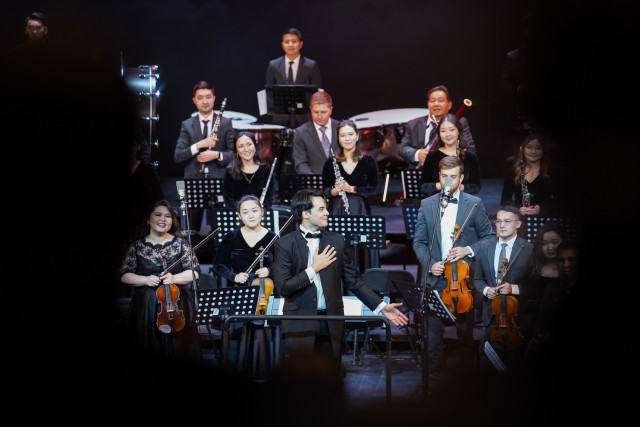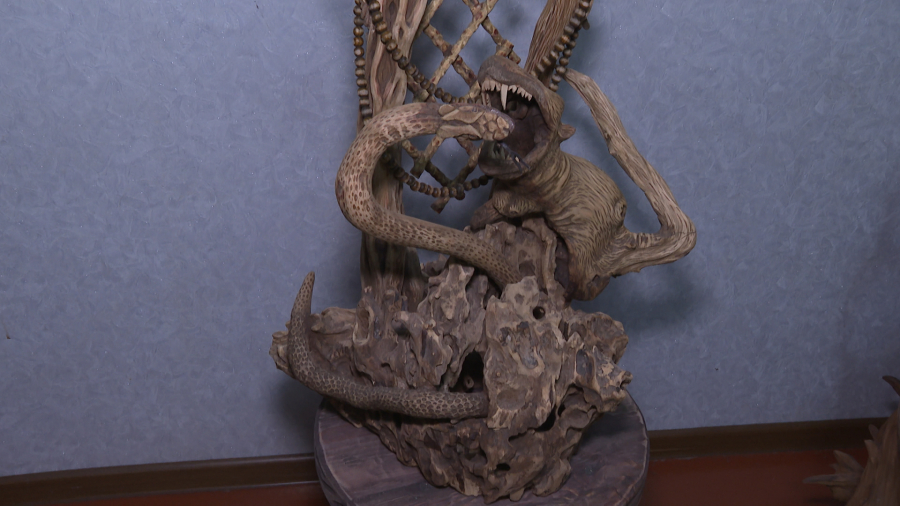
The Astana Opera hosted the premiere of
Vincenzo Bellini’s opera I Capuleti e i Montecchi as part of the Operaliya
festival. The production by the International Opera Academy became one of the
festival’s highlights, bringing together young performers and renowned stage
masters. The director of the production, Honored Worker of Kazakhstan Yevgeniy
Chainikov, noted that the artists worked with full dedication throughout the
rehearsals and premiere, gradually revealing the opera’s emotional and thematic
depth. The symphonic orchestra was conducted by Ruslan Baimurzin, holder of the
Kurmet order (Order of Honour). The maestro emphasized the opera’s uniqueness
for the Kazakh stage, noting his decision to preserve the original soprano and
mezzo-soprano pairing for the duets between Juliet and Romeo, rather than
adapting the score to modern vocal trends.
«In this production, we explored not only the
love between Romeo and Juliet, but also the conflict, which, one might say, is
still relevant today. There’s politics, and a clash between factions, between
families. Unfortunately, it’s a reality we continue to face. And of course, at
the very heart of it all - standing like a pillar - is love. I hope our
audience will appreciate our efforts, our dedication, and our beautiful voices,»
said Ruslan Baimurzin, conductor, Astana Opera.
The role of Romeo required particularly
rigorous vocal preparation and was performed by young vocalist Vasilisa
Savkina. In addition to vocal mastery, the singer faced the challenge of a complete
acting transformation. Since her character is a young man, she had to adapt her
natural movements, walk, and behavior. Savkina noted that during every
rehearsal and performance, she consciously worked to sustain the male persona,
portraying it not only through her voice but also through her acting.
«The role of Romeo in Bellini’s opera was
originally written for a dramatic mezzo-soprano. It features a wide vocal range
- about two and a half octaves - which certainly demands a high level of
technical preparation. It takes a significant amount of time to master. I
started learning the solo parts back in December 2024. Overall, the music is
very pleasant and melodic, everything is beautiful. But the technical
challenges definitely play a role, and it’s very hard to fully relax on stage,»
shared Vasilisa Savkina, performer of Romeo’s part.
The creators of the production aimed to
accurately convey the atmosphere of the medieval era and bring the opera’s
dramaturgy to life through a synthesis of vocal performance, acting, and visual
art.









